
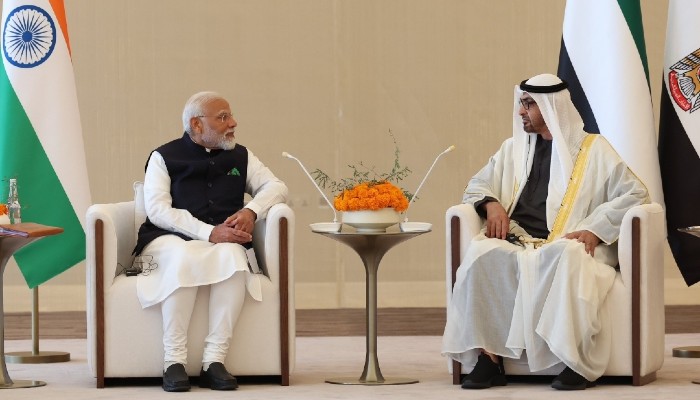
India and the United Arab Emirates (UAE) have further strengthened their already robust partnership by signing a new Bilateral Investment Treaty (BIT) on August 31, 2024. This agreement, along with several other key agreements, highlights the commitment of both nations to boost economic cooperation and bilateral investments. With an investment of US$19 billion by the UAE in India from 2000 to 2024, this new treaty aims to provide key protections for investors from both countries and maintain a resilient investment environment.
India and UAE Strengthen Bilateral Ties with Landmark Investment Treaty
Background
India and the United Arab Emirates (UAE) have long enjoyed a close and mutually beneficial relationship. Economic cooperation has been a cornerstone of this partnership, with the UAE emerging as a significant investor in India. With a cumulative investment of over US$19 billion since 2000, the UAE remains one of India's top foreign direct investment (FDI) destinations.
Bilateral Investment Treaty (BIT)
To further strengthen this economic partnership, India and the UAE signed a new Bilateral Investment Treaty (BIT) on August 31, 2024. This treaty provides a legal framework for the protection of investments and investors from both countries. Key provisions of the BIT include:
Significance of the BIT
The BIT is a significant milestone in India-UAE relations as it:
Top 5 FAQs
1. What is the purpose of a Bilateral Investment Treaty?
A BIT provides legal protection and guarantees for investors from both countries, encouraging investment and economic cooperation.
2. What protections are included in the India-UAE BIT?
Protection from non-discrimination, expropriation, and inadequate compensation, along with dispute resolution mechanisms.
3. How does the BIT benefit investors?
It reduces investment risks, provides a stable environment, and offers legal recourse in case of disputes.
4. What is the history of India-UAE economic relations?
The UAE has been a major investor in India for decades, particularly in sectors such as energy, infrastructure, and real estate.
5. What are the broader implications of the BIT?
The treaty reflects the growing strategic importance of the India-UAE relationship and their shared commitment to regional stability and prosperity.
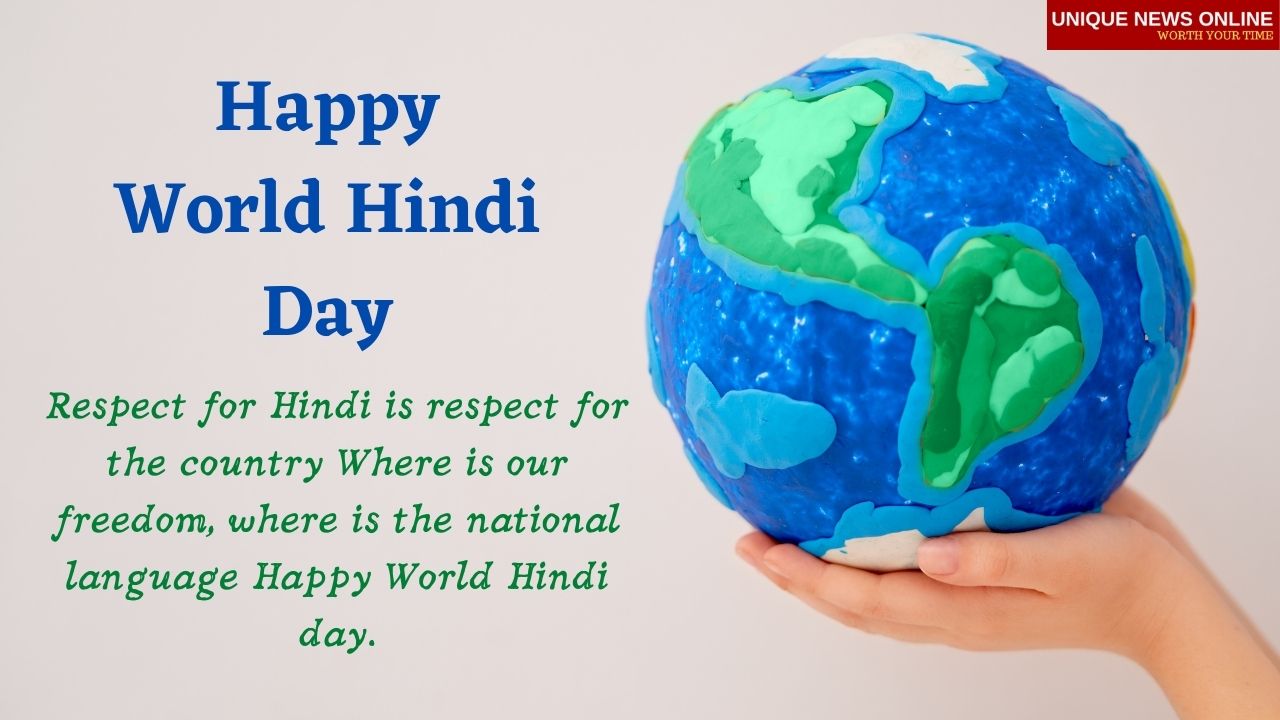
On January 10, the world celebrates World Hindi Day to recognize the cultural and linguistic unity promoted by the Hindi language. This language, spoken by a majority of India's population, holds significance beyond the country's borders as it is also a minority language in several countries. In addition to its cultural importance, Hindi is also a key language for business, diplomacy, and education, and it is increasingly being used in new technologies. With the theme of 'A Global Voice of Unity and Cultural Pride', World Hindi Day 2025 celebrates the expanding presence and influence of Hindi worldwide.

As the third most spoken language in the world, Hindi is celebrated on the international stage every year on January 10th as World Hindi Day. This day recognizes not only Hindi's importance in India, but also its widespread use and cultural significance around the world. From wishes to images, here are some ways to celebrate and promote the language on this special occasion.
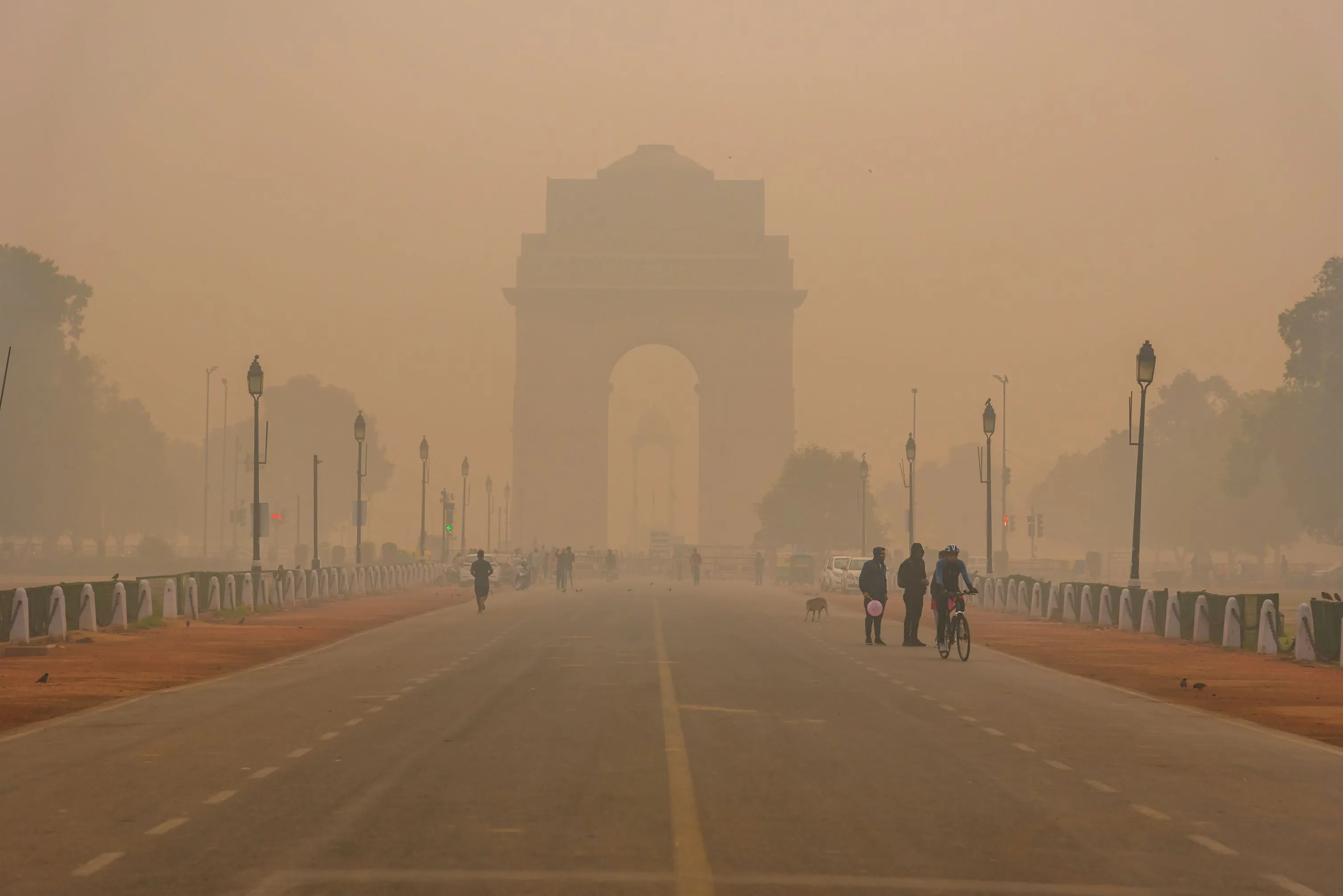
As devastating wildfires engulf Los Angeles County, a comparison between the city's Air Quality Index (AQI) and Delhi's brings to light a troubling reality for the Indian capital. Despite half of LA being on fire, the city's AQI remains significantly better than Delhi's which continues to struggle with poor air quality on a daily basis. Amidst discussions on the cause, it is clear that the wind direction and velocity play a crucial role in clearing LA's air despite the natural disaster.
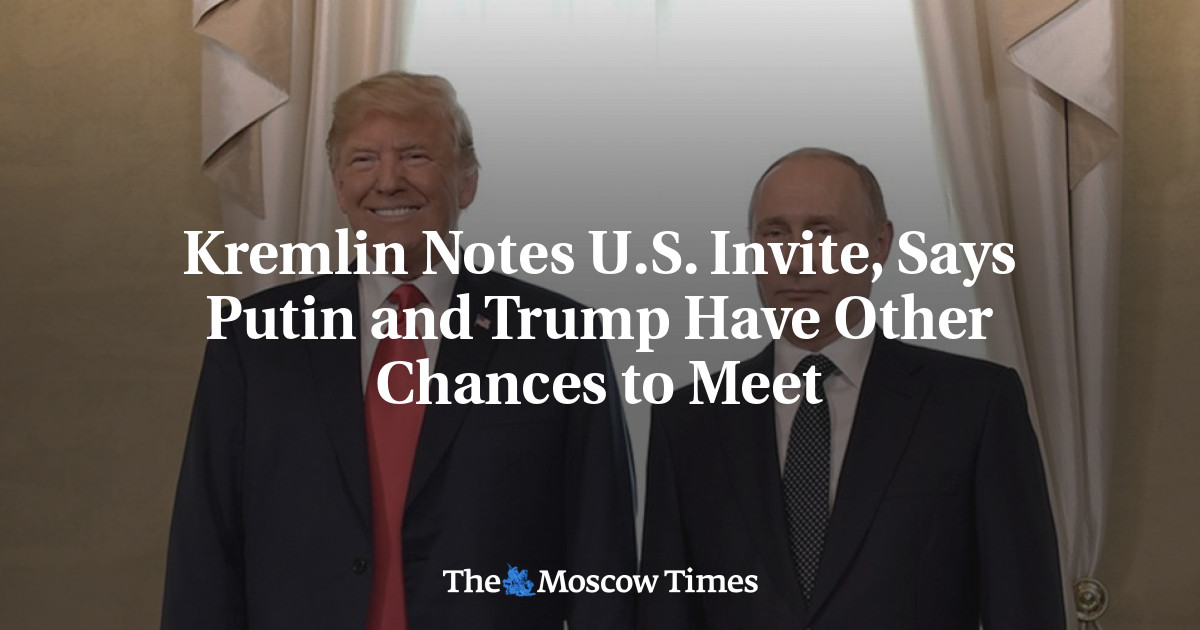
The Kremlin has stated that Russian President Vladimir Putin is open to a meeting with US President-elect Donald Trump after his inauguration on January 20. This comes after Trump's recent comments about understanding Russia's concerns regarding Ukraine joining NATO. Trump also criticized President Joe Biden's handling of negotiations, saying it could lead to escalation of the ongoing conflict. Trump had previously mentioned plans to speak with Putin and Ukrainian President Volodymyr Zelensky to address the situation.

At least six people were killed and 40 others injured in a tragic stampede at the famous Lord Venkateswara Swamy temple in Tirupati, India. The incident happened during the rush for tickets to the annual Vaikunta Dwara Darshanam, which is known to attract a massive crowd every year. The injured are receiving treatment and leaders, including the Prime Minister Narendra Modi, have expressed their condolences and are closely monitoring the situation.
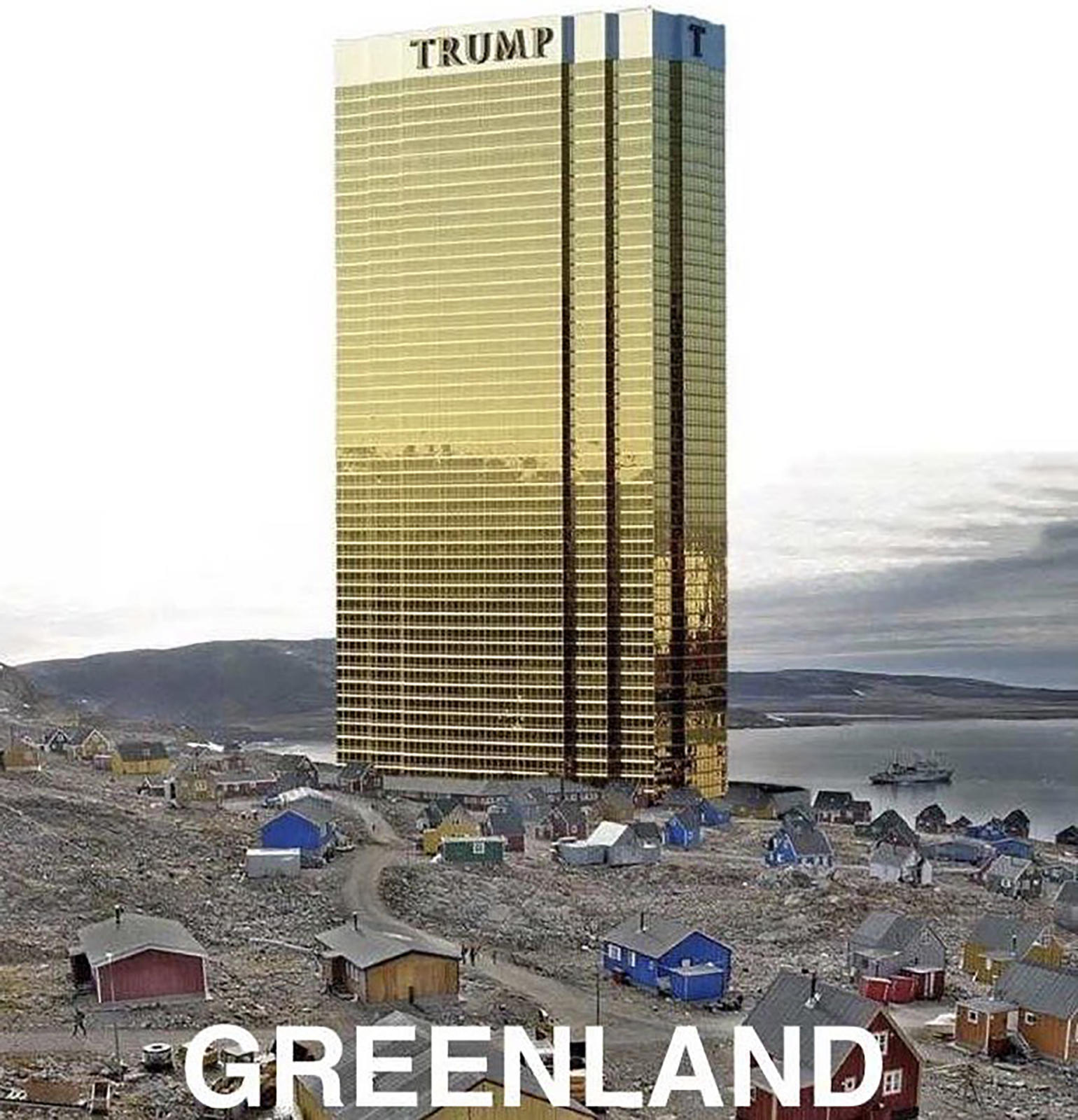
While addressing a press conference in Paris, US Secretary of State Antony Blinken rejected President Trump's idea of seizing Greenland as "not a good one" and "not going to happen." He reiterated the Biden administration's belief in the strength of alliances, stating that working closely with allies is more effective than alienating them. France's Foreign Minister also downplayed the possibility of US forces being deployed against Denmark, but cautioned about a return to the "law of the strongest" in the international arena. Trump's nominee for national security adviser, Congressman Mike Waltz, has emphasized the importance of securing Greenland for US national security, but both Denmark and Greenland have consistently rejected any notion of the island being for sale.

A stampede at Tirupati's Vaikuntha Dwara Darshan ticketing center left four devotees dead and several injured. Despite being in the vicinity of a major religious site, the incident highlights the lack of effective crowd management and safety protocols. Multiple investigations have been launched into the tragedy, with promises of compensation and structural reform to avoid future incidents.
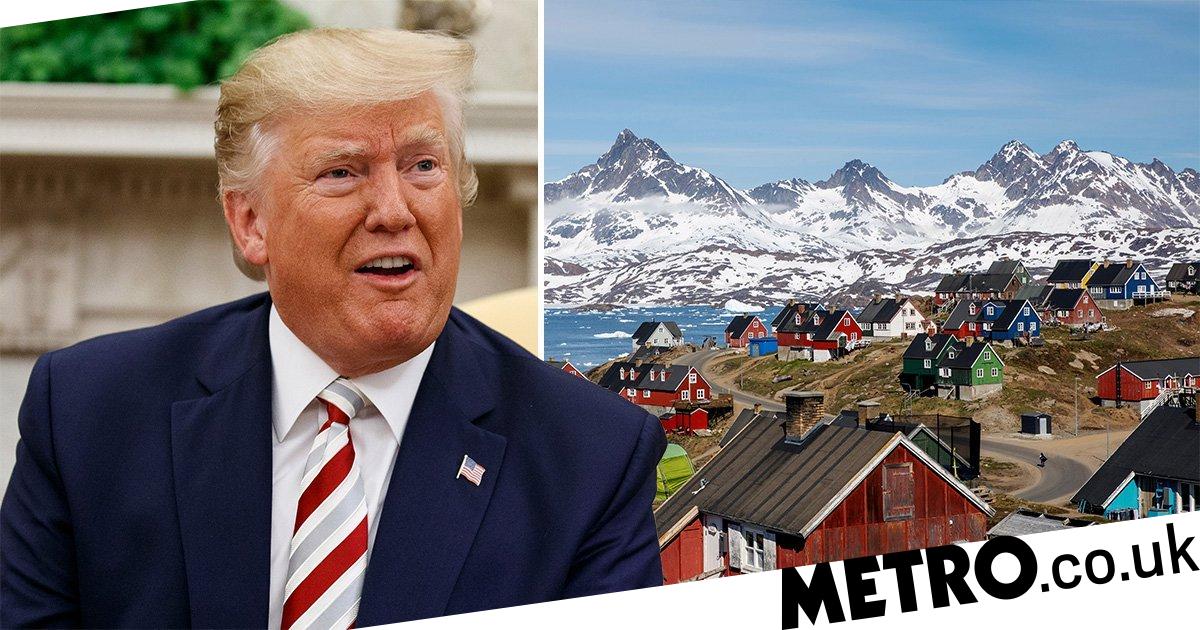
As Donald Trump's threat to buy Greenland stirs global controversy, Denmark's foreign minister reaffirms their recognition of Greenland's autonomy and dismisses any possibility of the island becoming a US state. However, amid increased US interest in the Arctic region, Trump's willingness to use force or economic measures to acquire Greenland has prompted concerns from European allies. As talks between Greenland's leader and the Danish king take place, there is a growing focus on the island's push for independence and allegations of colonial-era mistreatment.

French Foreign Minister Jean-Noel Barrot has strongly stated that the European Union will not tolerate any nation attacking its sovereign borders, in response to US President-elect Donald Trump's comments about his intentions to take control of Greenland, an autonomous territory of Denmark. Barrot expressed doubts about the possibility of the US actually invading Greenland, but urged the EU to be vigilant and strengthen its position. Trump's eldest son, Donald Trump Jr., recently made a private visit to Greenland, shortly after his father's controversial comments. However, Greenland's government has made it clear that the territory is not for sale and its future will be determined by Greenlanders alone.
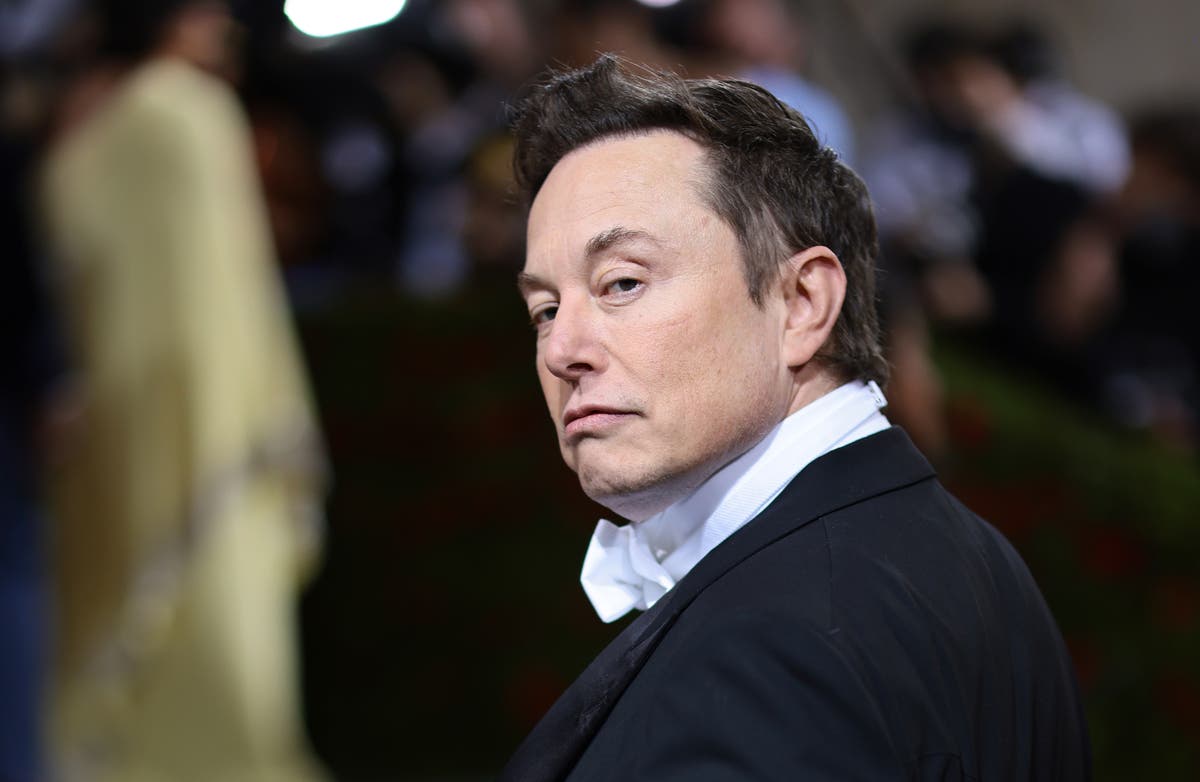
In a surprising statement, U.S. President-elect Donald Trump said he was considering using economic force to make Canada the 51st state. The remarks have sparked mixed reactions from Albertans, with some expressing fear and others dismissing it as a joke. Trump also proposed imposing tariffs and cutting off trade agreements with Canada, which has further escalated tensions between the two countries.